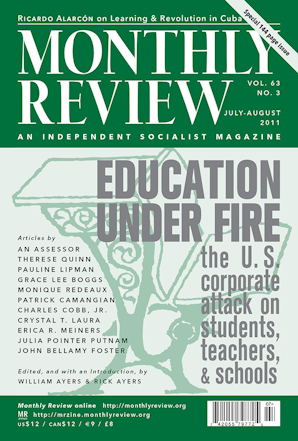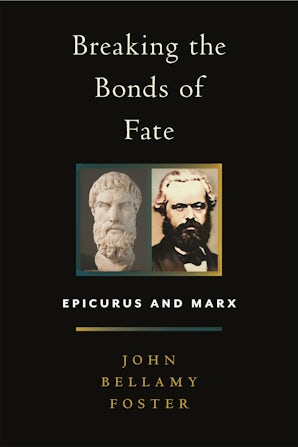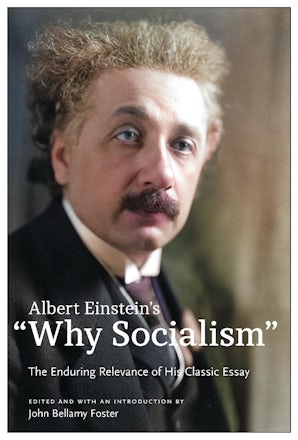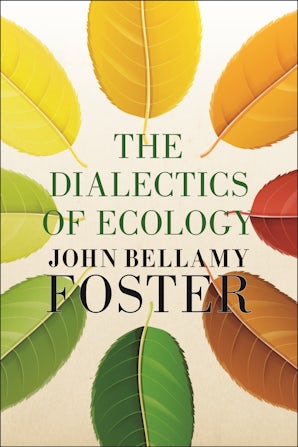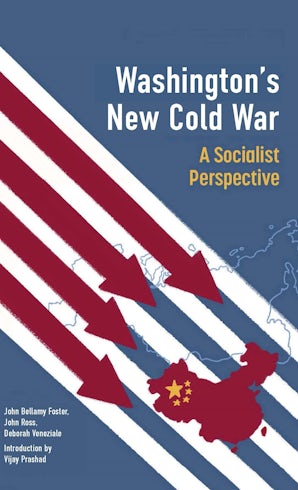Also in this issue
- Education Under Fire: Introduction
- 1. Education and Capitalism
- Education and the Structural Crisis of Capital: The U.S. Case
- Education: The Great Obsession
- Another Education Is Happening
- 2. Lessons from the New Corporate Schooling
- Testing, Privatization, and the Future of Public Schooling
- Militarism and Education Normal
- Reflections on the Racial Web of Discipline
- The Culture of Poverty Reloaded
- Inclusive Education, High Stakes Testing and Capitalist Schooling
- Freedom's Struggle and Freedom Schools
- Neoliberal Education Restructuring: Dangers and Opportunities of the Present Crisis
- Subverting the Master('s) Syllabus
- Cuba: Education and Revolution
- The Story of Khalil Gibran International Academy: Racism and a Campaign of Resistance
Books by John Bellamy Foster
Breaking the Bonds of Fate
by John Bellamy Foster
Unequal Exchange
by Arghiri Emmanuel
Notes by Charles Bettelheim
Foreword by Torkil Lauesen
Introduction by John Bellamy Foster and Brett Clark
Albert Einstein’s “Why Socialism?"
by Albert Einstein
Edited by John Bellamy Foster
The Dialectics of Ecology
by John Bellamy Foster
Washington's New Cold War
by Vijay Prashad, John Bellamy Foster, John Ross and Deborah Veneziale
Article by John Bellamy Foster
- Robert W. McChesney (1952–2025): A Personal and Political-Intellectual Memoir
- Eco-Marxism and Prometheus Unbound
- Ecological Marxism in the Anthropocene
- Marx and Communal Society
- ‘Gleichschaltung’ in Nazi Germany
- The Trump Doctrine and the New MAGA Imperialism
- MAGA Ideology and the Trump Regime
- The U.S. Ruling Class and the Trump Regime
- Western Marxism and Imperialism: A Dialogue
- The Necessity of a Universal Project

